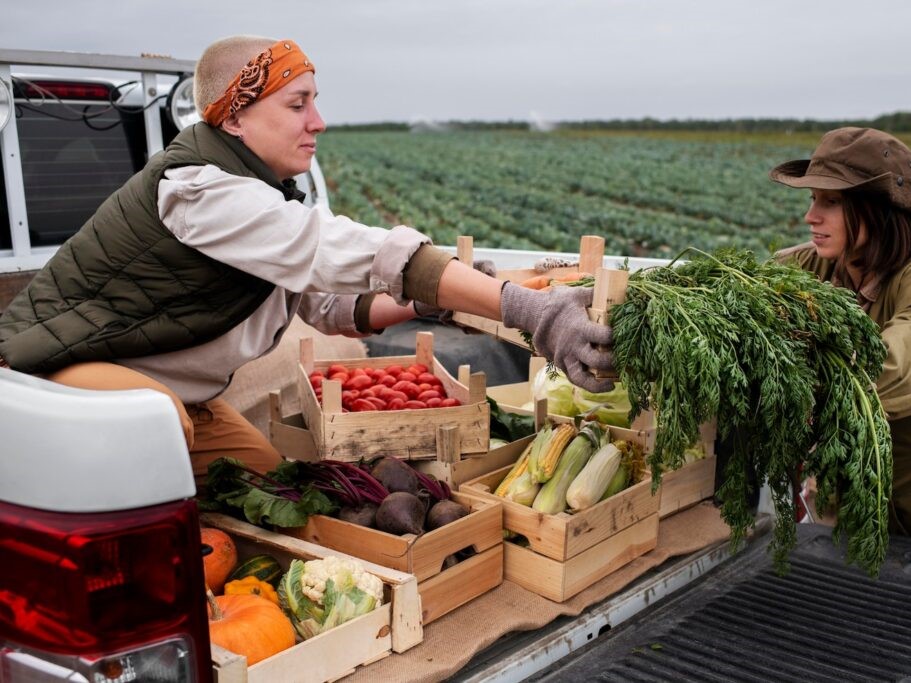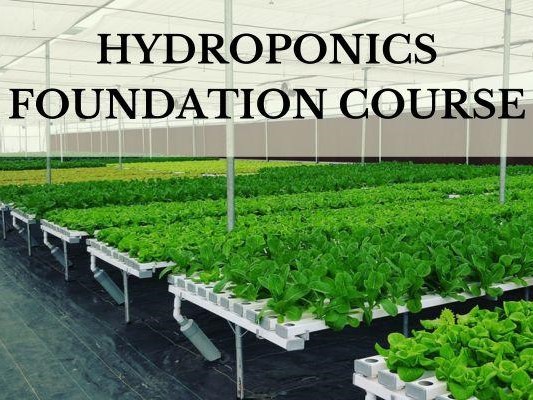Description
This course delves into the principles and practices of sustainable agriculture with a focus on ensuring food security at both local and global levels. Participants will gain a comprehensive understanding of how agriculture impacts the environment and how innovative and traditional methods can coexist to provide long-term, ecologically balanced food production. Topics include agroecology, soil conservation, water-efficient farming, crop diversification, and sustainable livestock management. Students will also explore socio-economic factors such as land rights, policy frameworks, and global trade systems that affect food accessibility and sustainability. The course emphasizes systems thinking, encouraging learners to consider food production within a broader ecosystem and socio-political context. Practical case studies, real-world projects, and data-driven insights are used to illustrate how sustainable agriculture plays a key role in addressing hunger, climate change, and biodiversity loss. Whether you are a student, policymaker, or professional in agriculture, this course equips you with actionable knowledge to contribute to resilient and equitable food systems.







Rasheedat –
Excellent overview of how agricultural policy, innovation, and sustainability intersect. The content helped me better evaluate food programs for long-term resilience and equity.
Mansur –
This course is packed with practical strategies and real-world examples. It gave me a clearer understanding of how to implement sustainable practices while maintaining crop yield and soil health.
Lubabatu –
I signed up to learn more about sustainability in agriculture, but I walked away with tools to apply in my own urban garden. This course bridges global issues and local solutions perfectly.
Hamza –
Our organization works in rural communities, and this course gave us actionable insights into food security and sustainable land use.
Rashida –
The course made complex global food issues easy to grasp. I especially loved the sections on agroecology and climate-smart farming—it changed how I think about food systems.